Inside The Deplorable Army Barracks Housing Nigerian Soldiers [Photo Essay]
HumAngle takes a look at the decaying infrastructure at the Ojo and Ikeja Cantonment barracks in Lagos, which face a host of problems begging for urgent government attention.
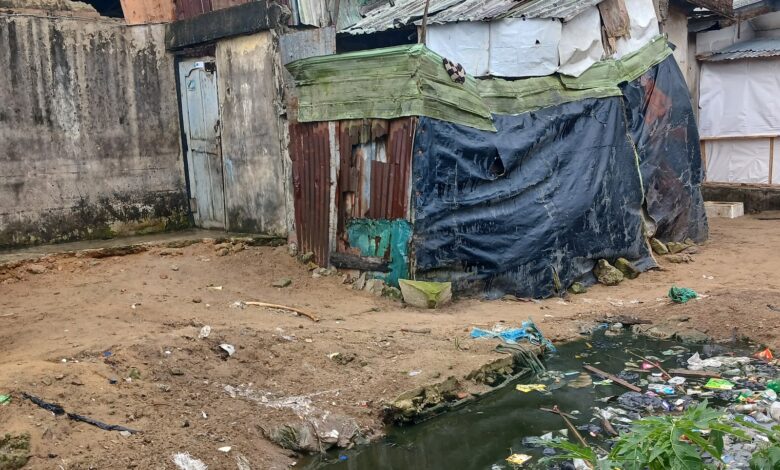
Nigeria has recently been engaged in warfare on multiple fronts within its borders, with soldiers doing the heavy lifting of restoring security. In spite of this, army barracks across the country, where many of the personnel and their families live, are poorly maintained and in need of renovation.
Security challenges bedevilling the country have forced the government to deploy armed forces across most of the states.
For over a decade now, Nigeria has been engaged in a war with insurgent groups seeking to establish a state governed by extremist Islamic principles in the North East. In the North West and North-Central regions, terrorist gangs attack rural communities and engage in widespread kidnapping for ransom. There have also been deadly clashes between pastoralists and farming communities. There is grave insecurity in the South East as a result of the secessionist agitation by members of the Indigenous People of Biafra (IPOB), now declared a terror group . The South-South is marred with sea piracy and oil theft, and kidnapping and crimes occur frequently in the South West states.
As military personnel continue to battle all of these and ensure the safety of lives and properties, HumAngle found that their families are left to suffer in deplorable conditions within the barracks.
Barracks are buildings designed to accommodate military and paramilitary personnel with their relatives. The aim, according to soldiers who spoke with our reporter, is to separate security and intelligence officials from the civilian population and reinforce discipline.
But soldiers familiar with the conditions of barracks in various places, including Lagos, Oyo, Osun, Benue, and Cross River, told HumAngle that their accommodations are not only decrepit but also inadequate.
While some soldiers rent apartments in town, many who cannot afford to do this spend out of pocket to improve the condition of the places assigned to them within the barracks so as to make them habitable. But there is a limit to what they can do.
Between August and September, HumAngle visited the Ojo and Ikeja barracks in Lagos and observed a lack of basic amenities such as electricity, potable water, and even toilets.
Leaking roofs, broken walls, overflowing sewage at Ojo barracks
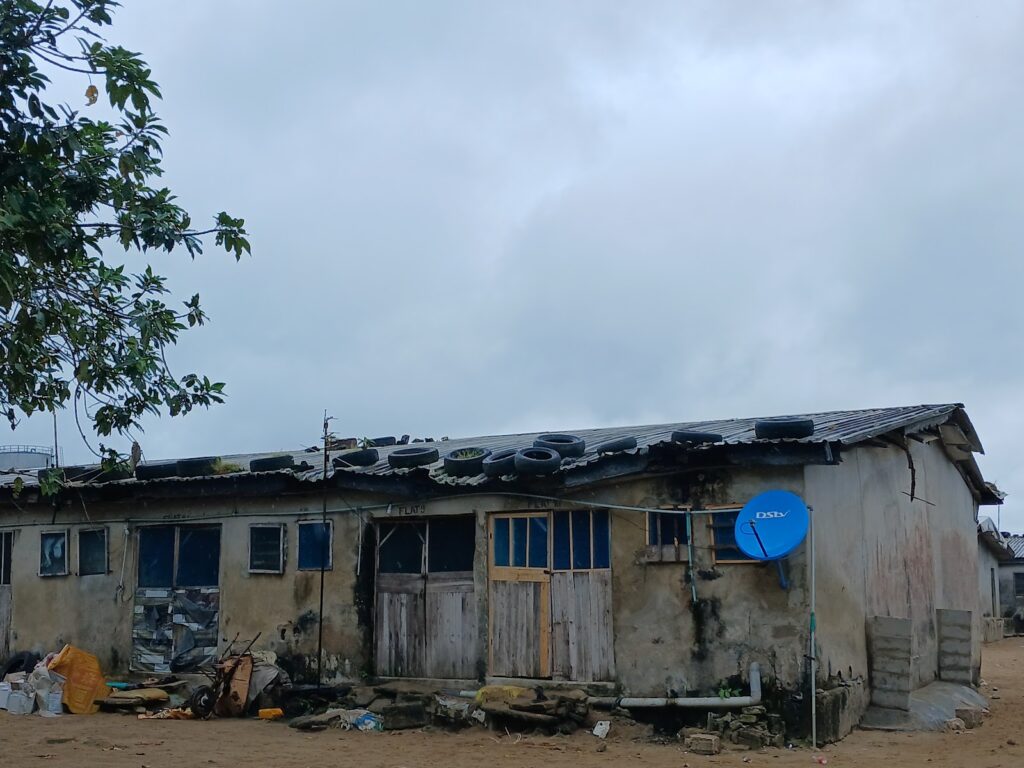
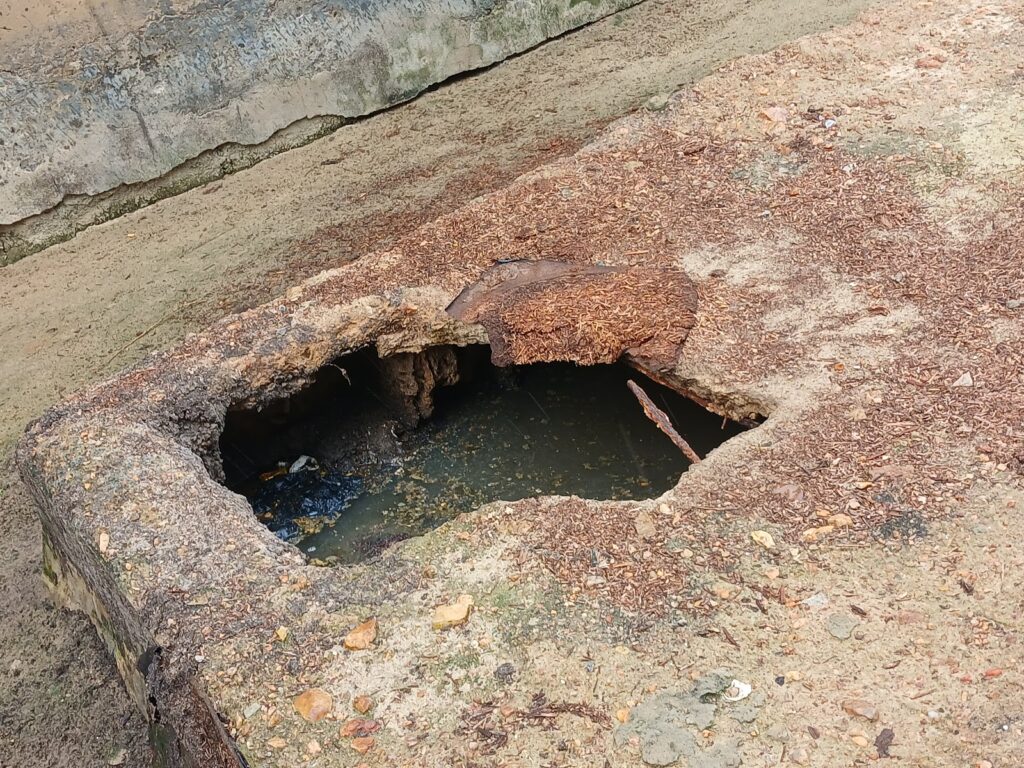
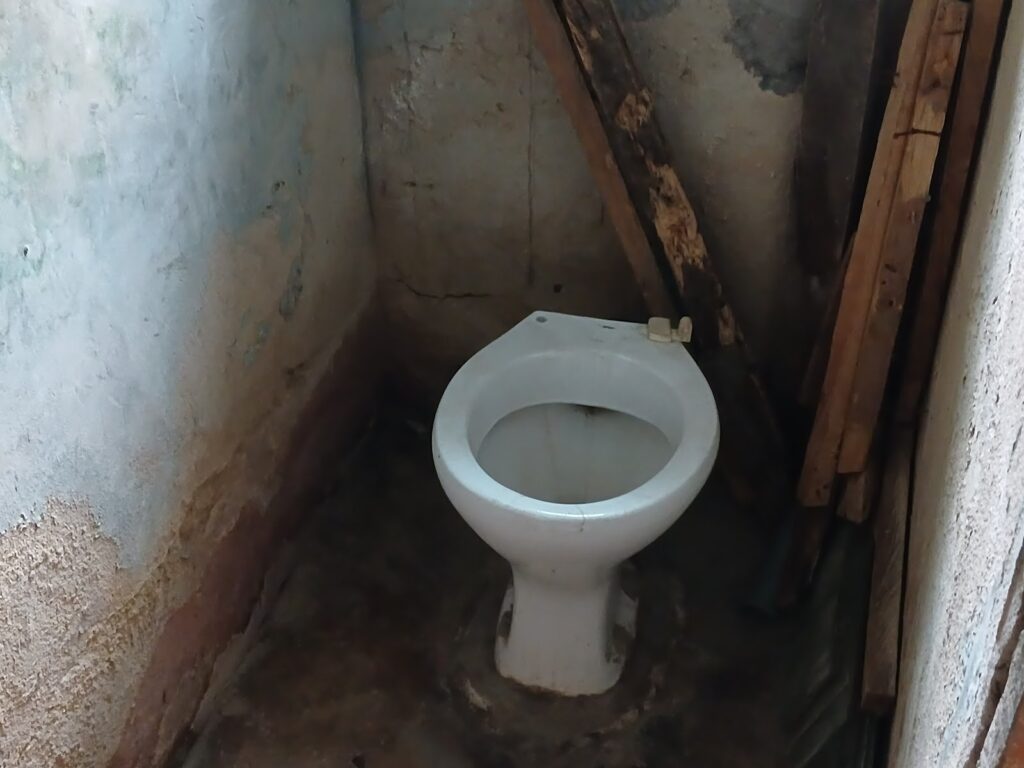
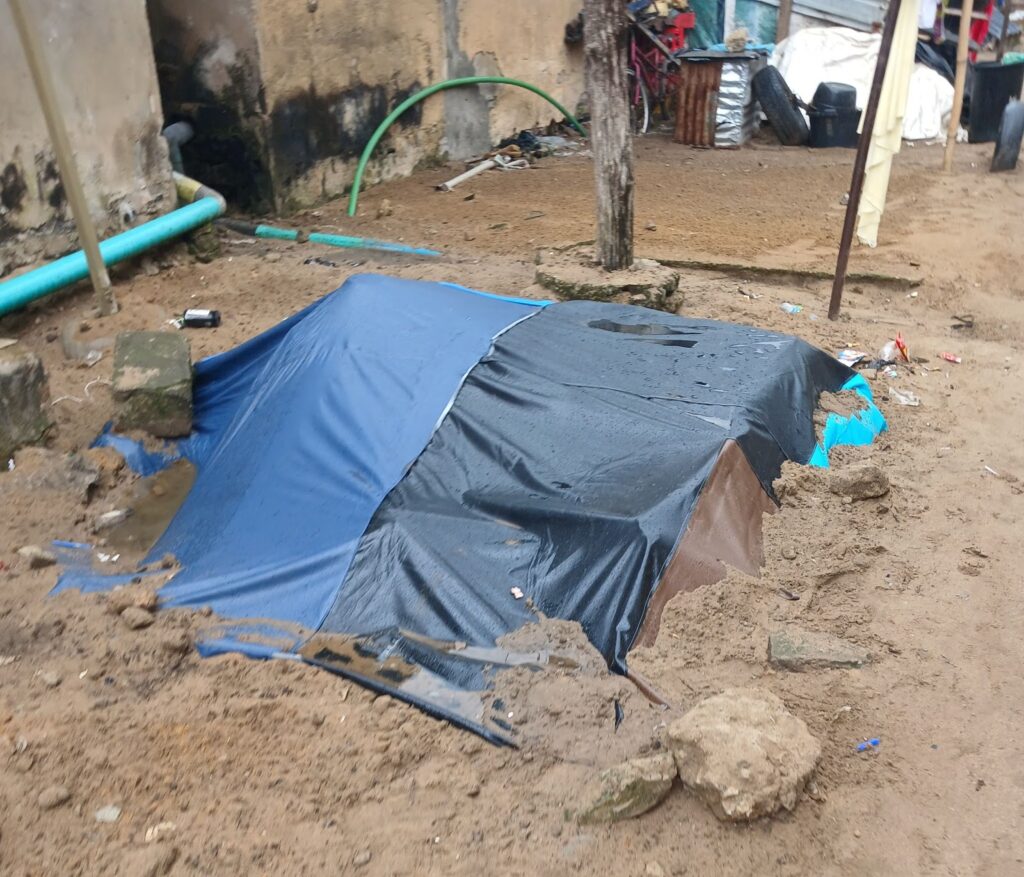
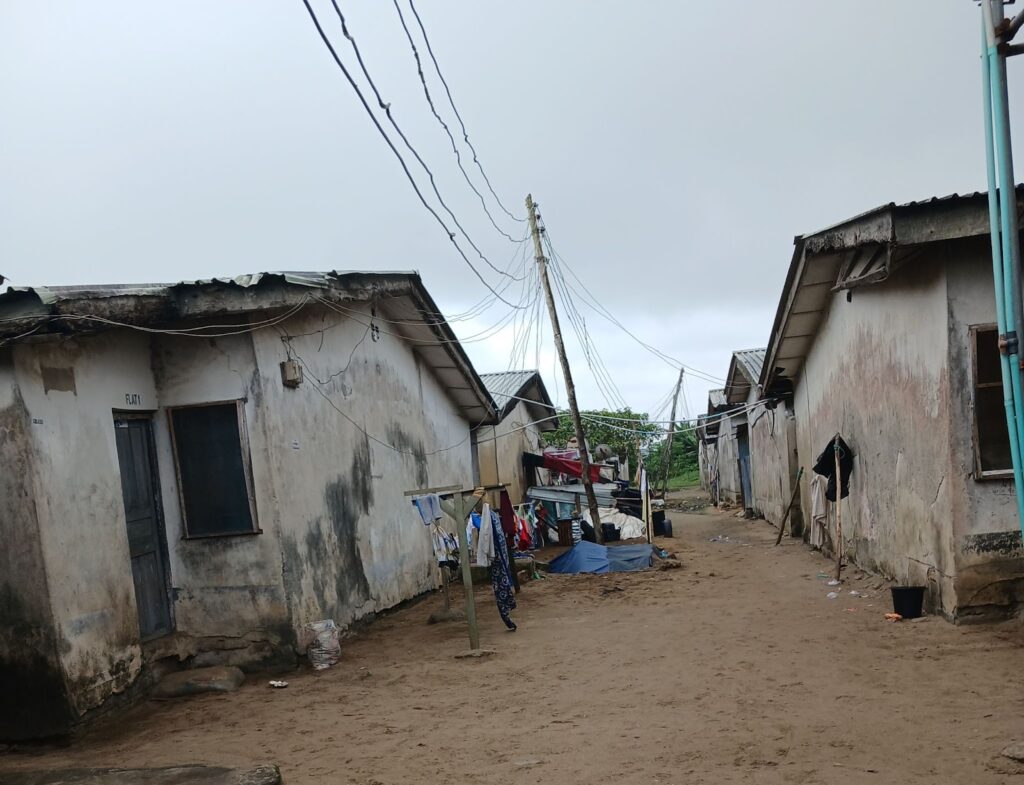
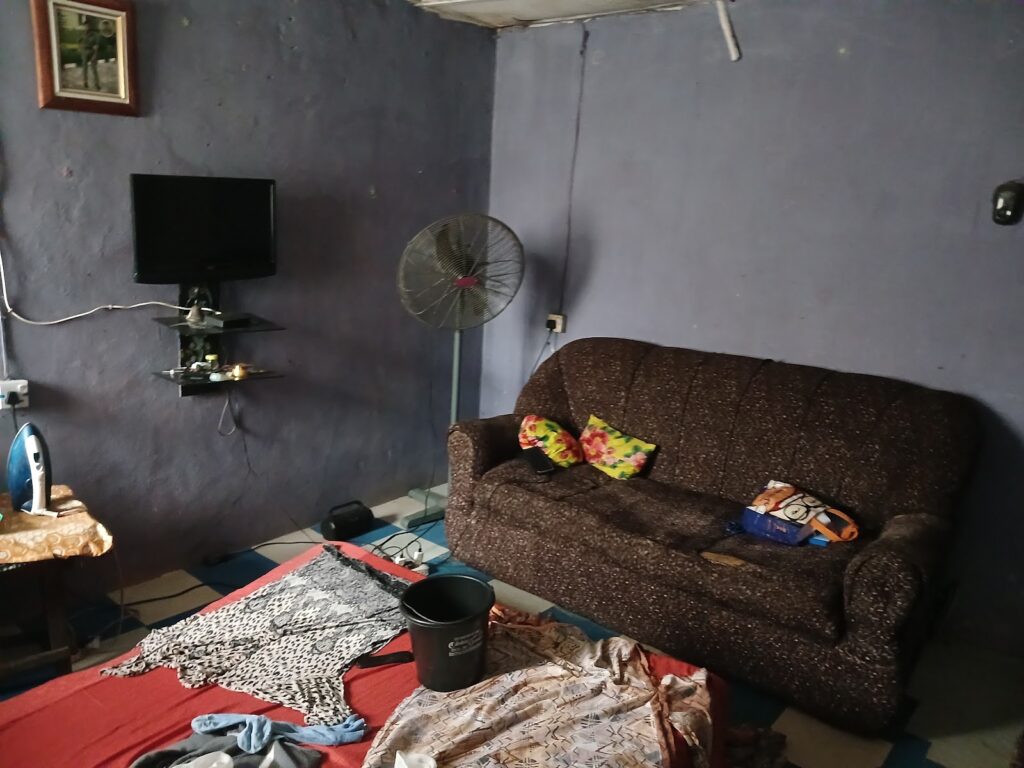
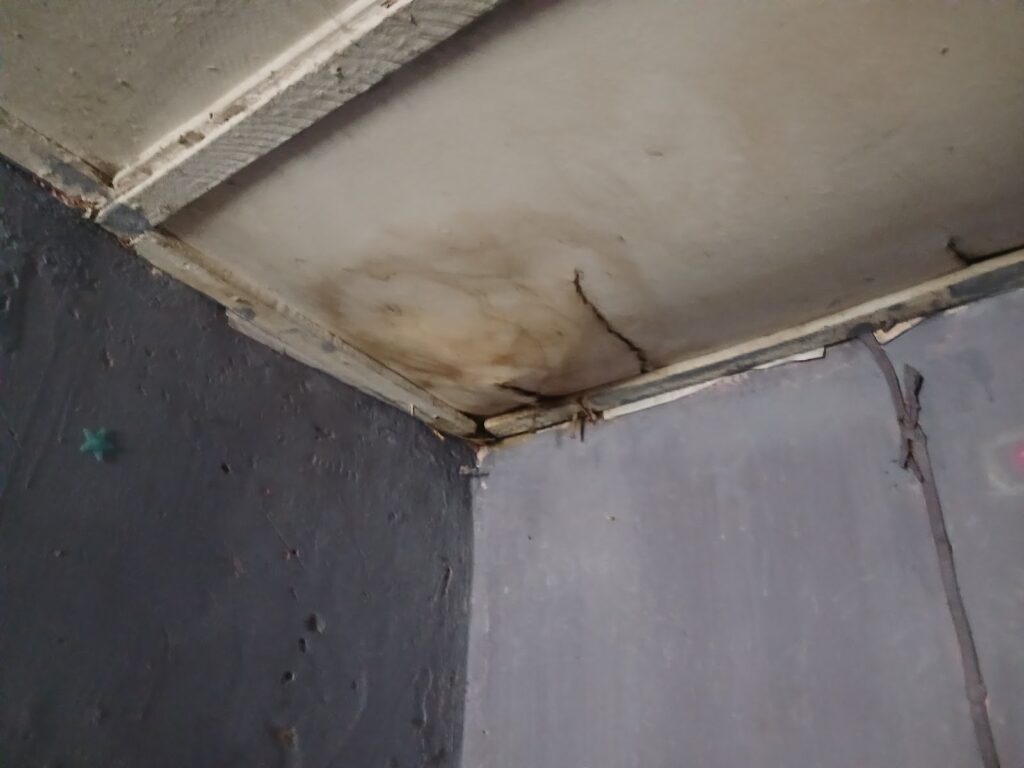
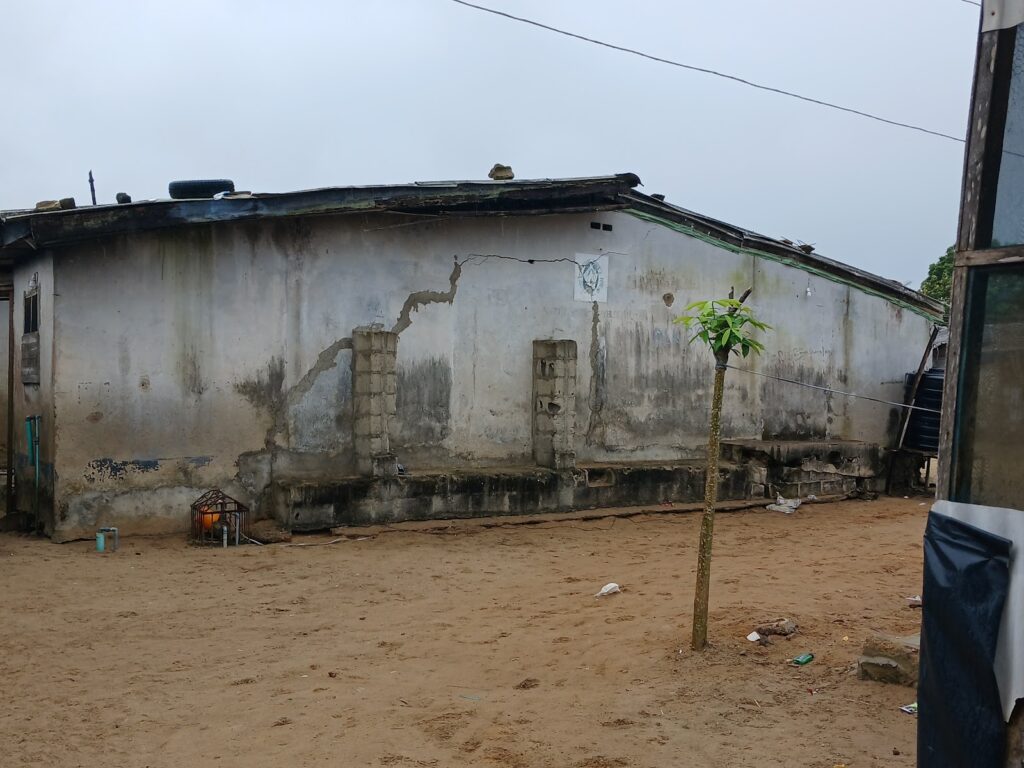
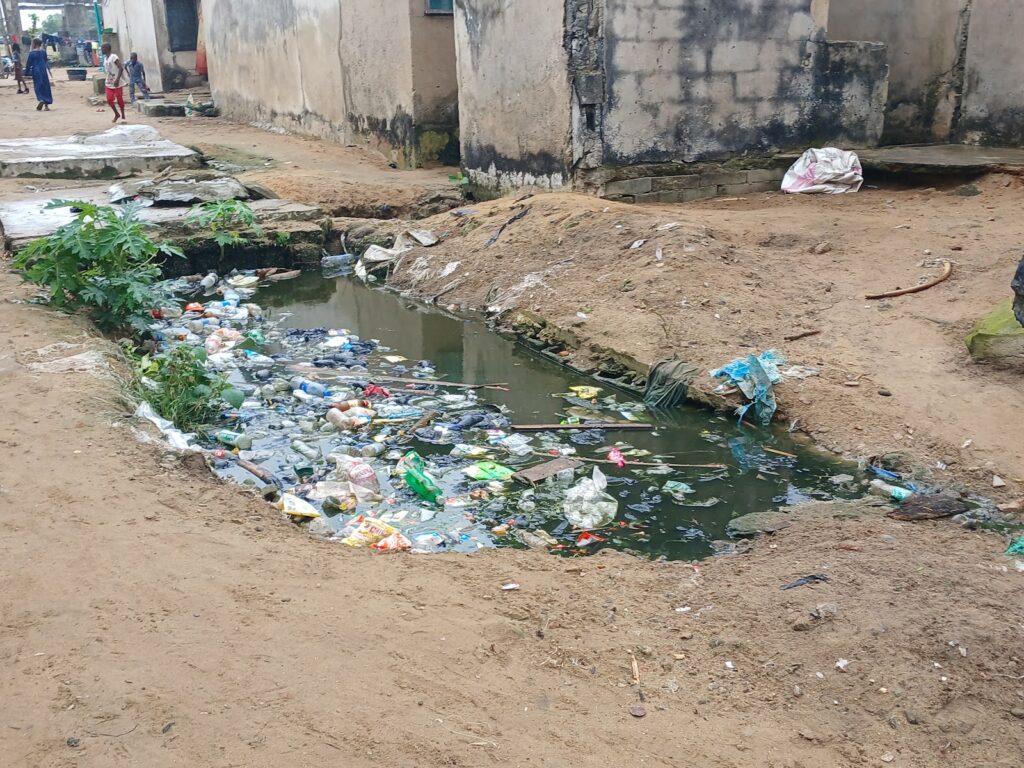
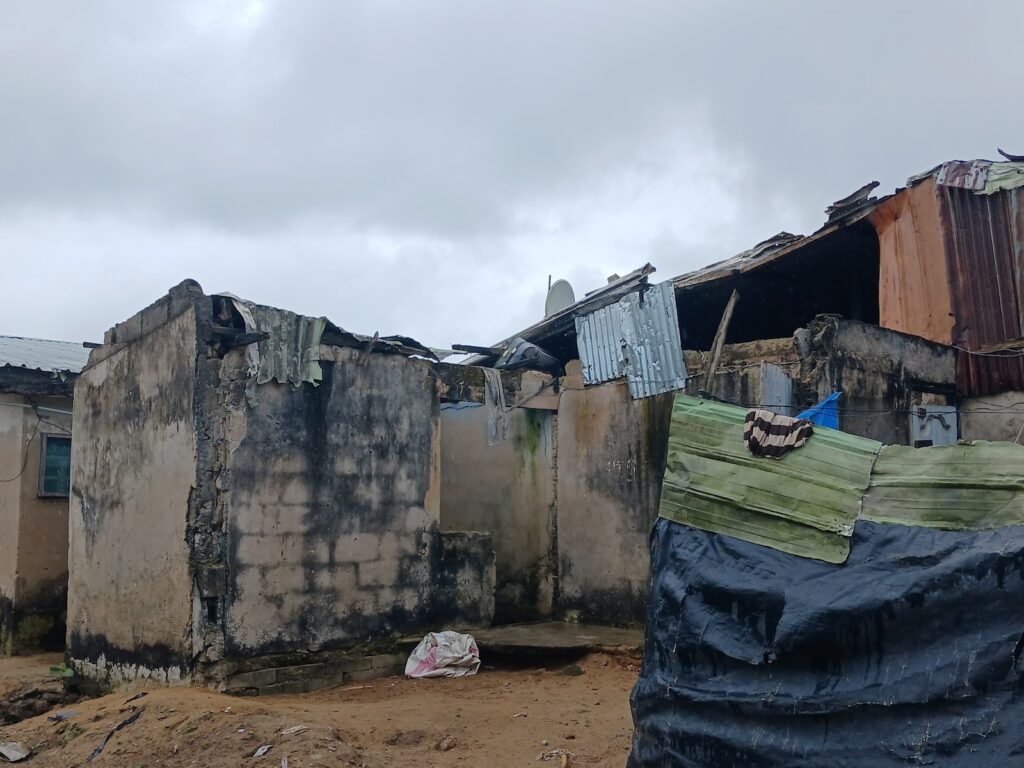
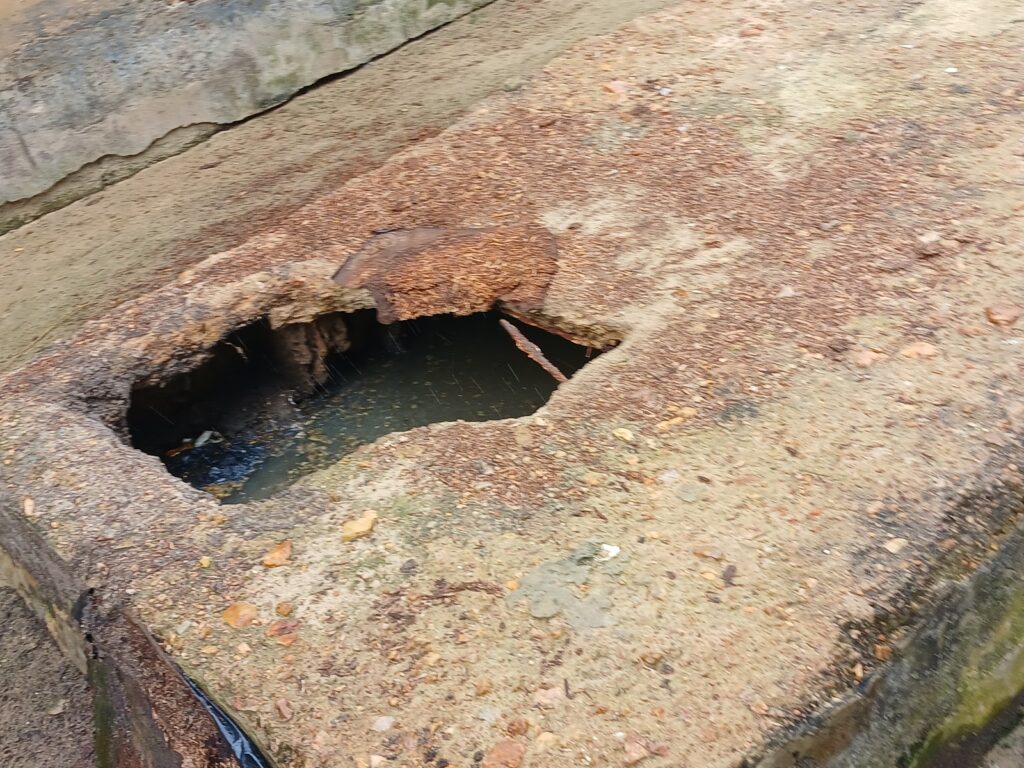

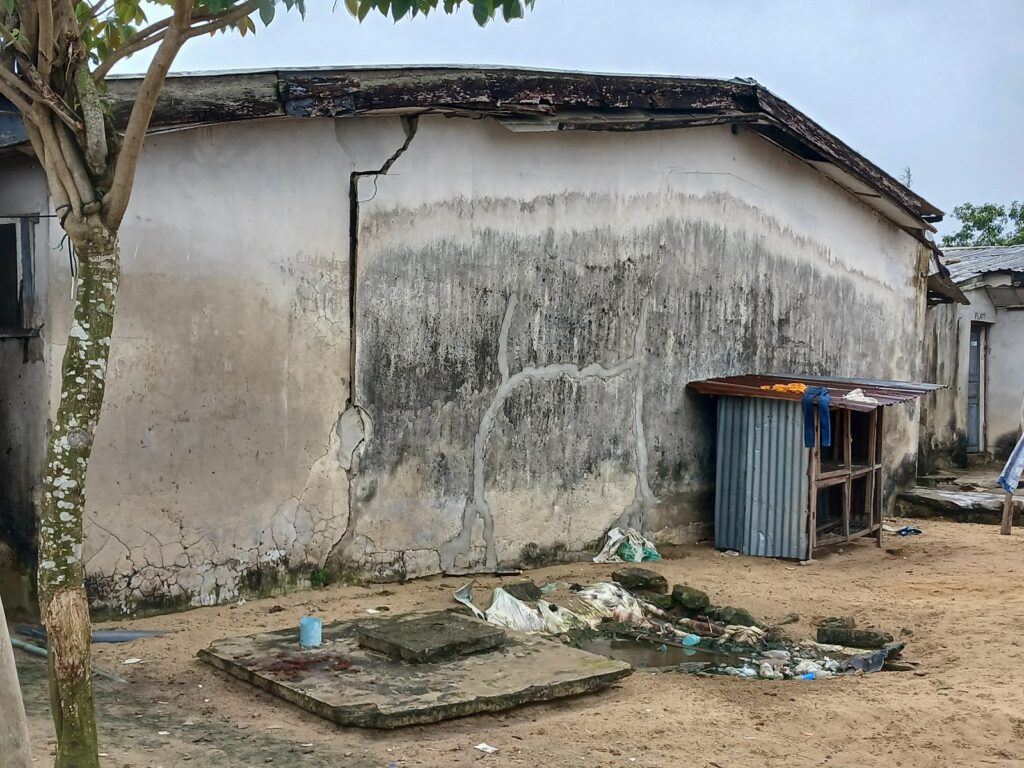
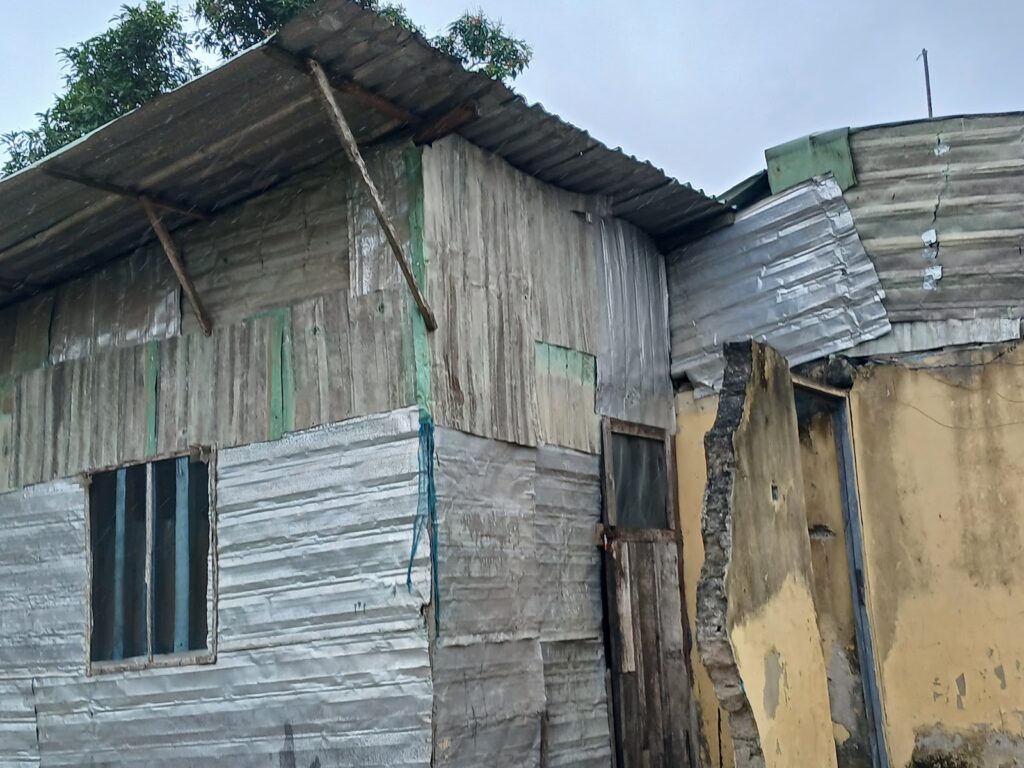
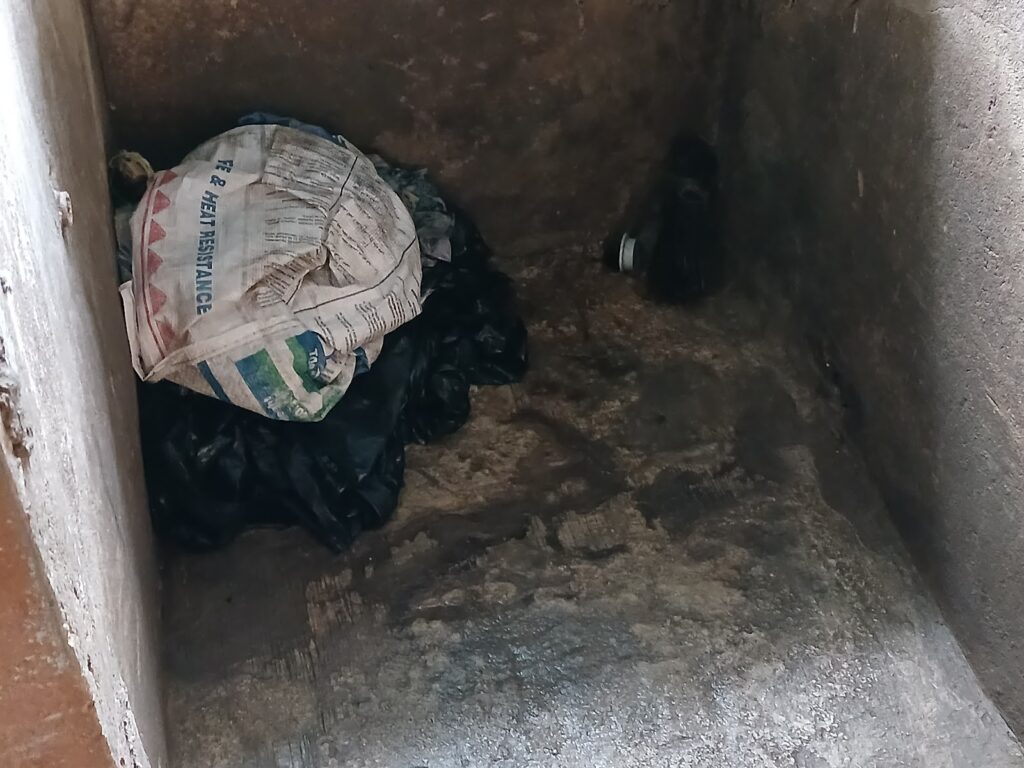
Damaged water point, dilapidated toilet at Ikeja barracks
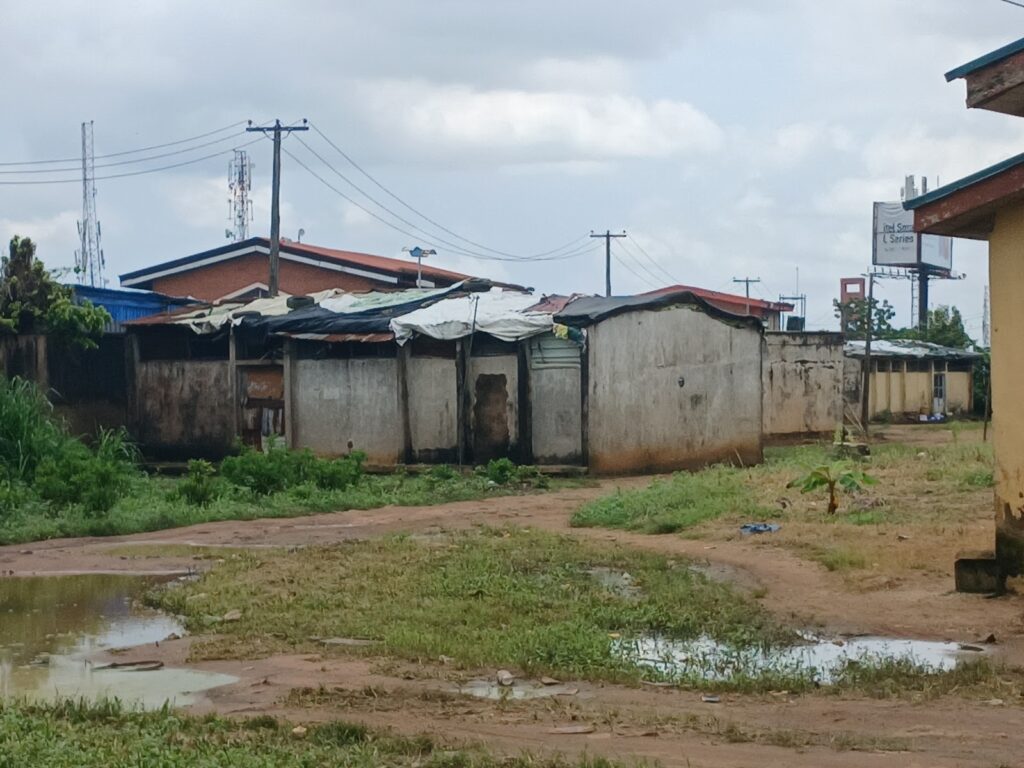
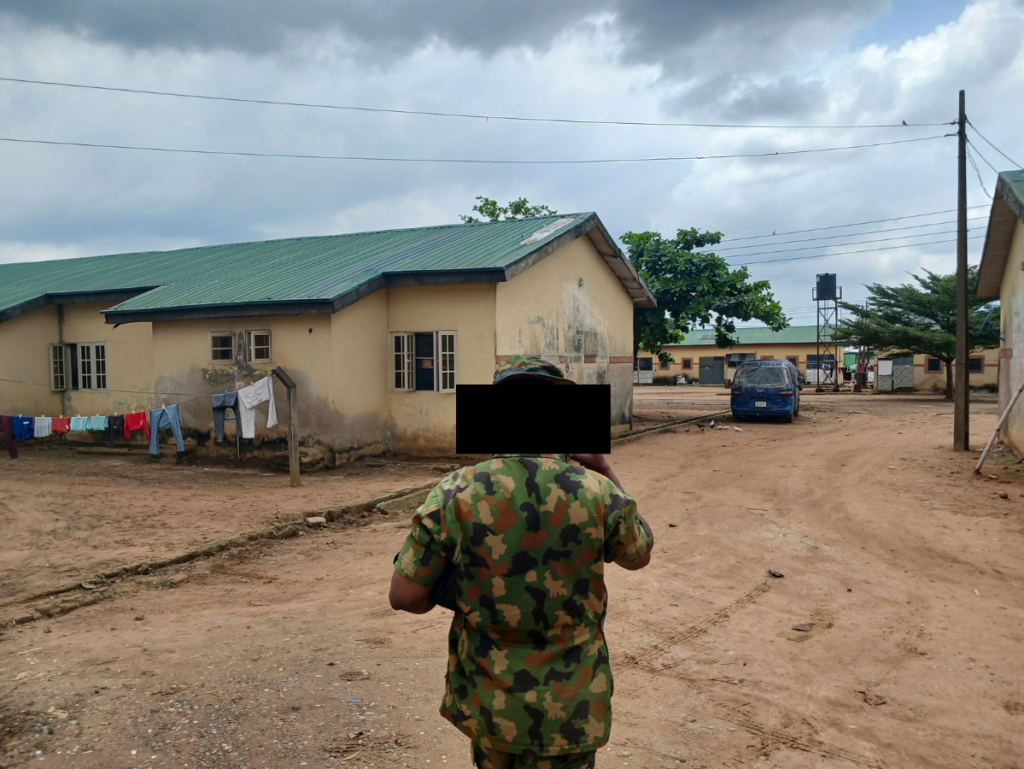
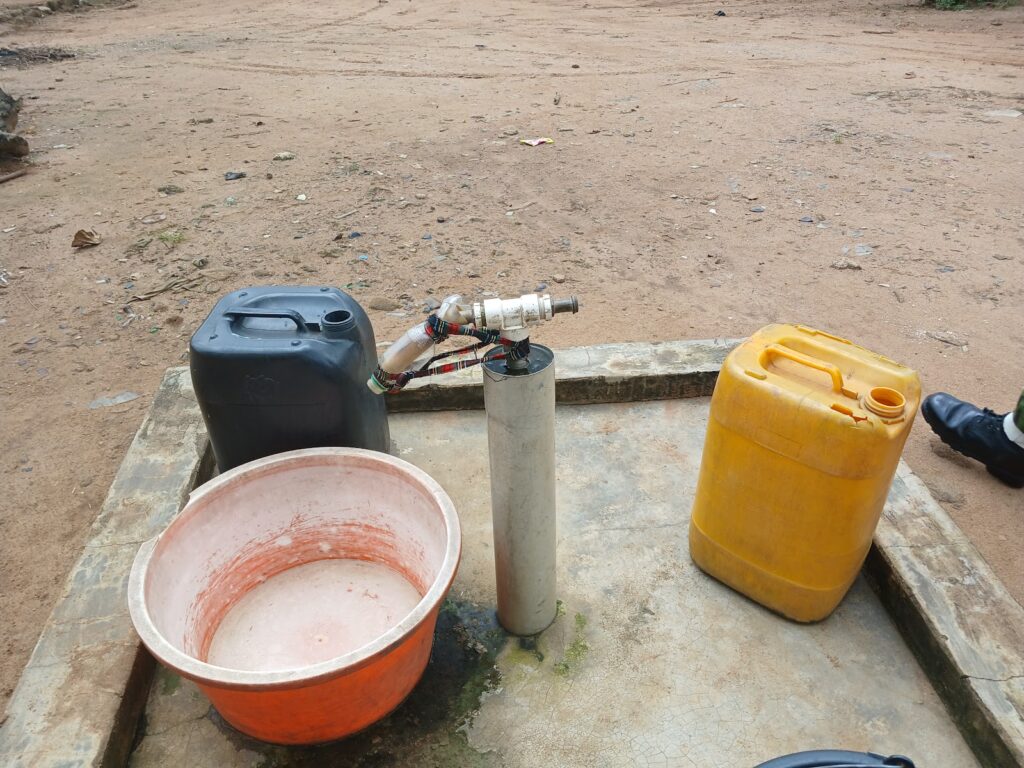
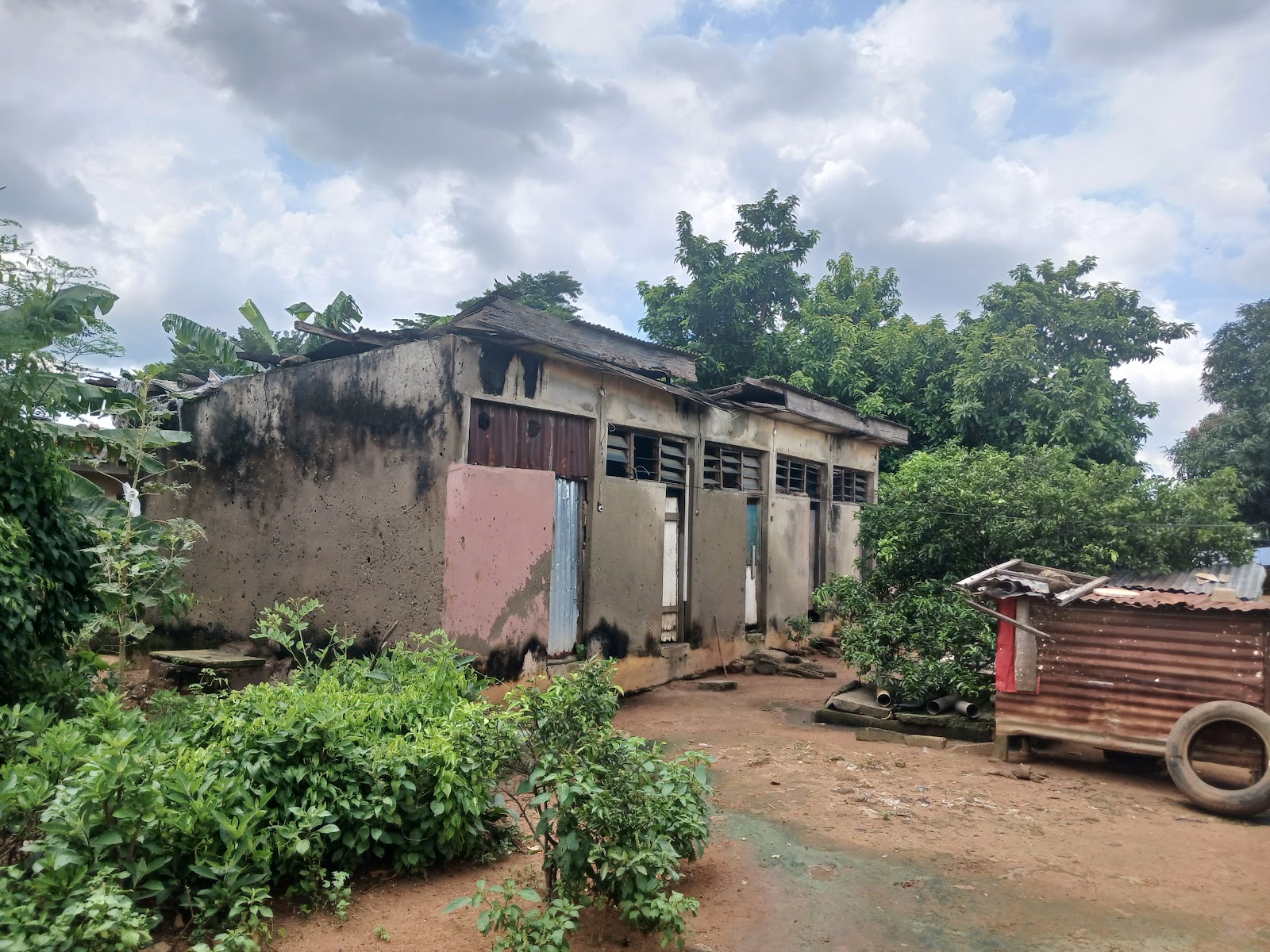

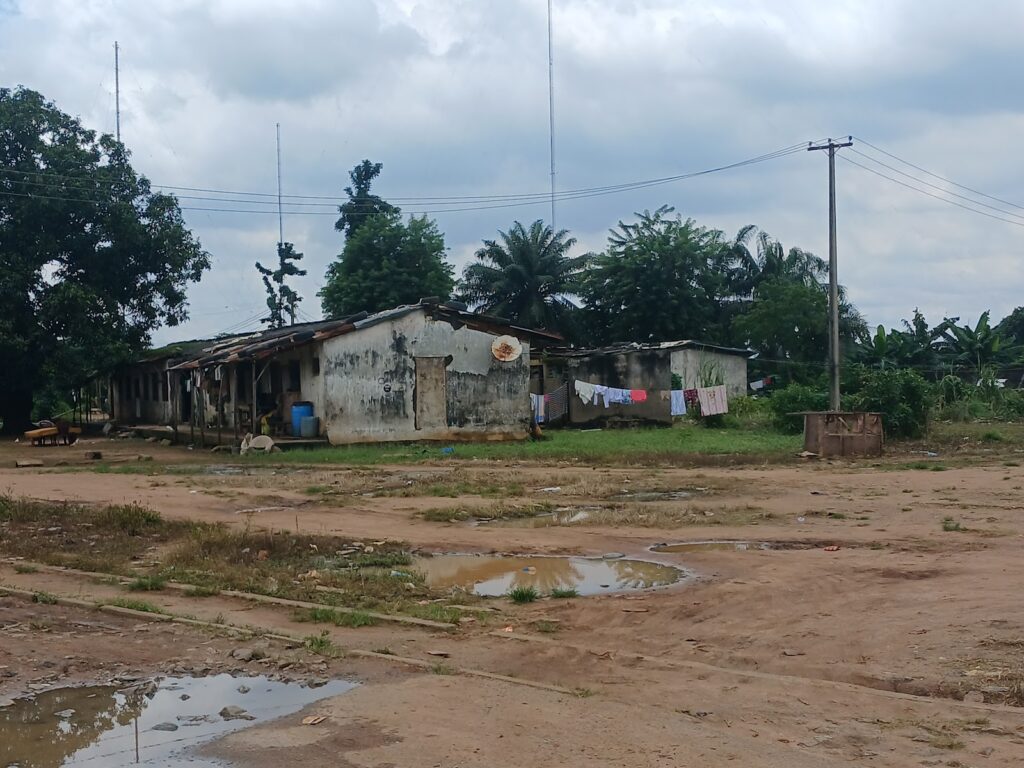
Photographs by Adejumo Kabir.
Support Our Journalism
There are millions of ordinary people affected by conflict in Africa whose stories are missing in the mainstream media. HumAngle is determined to tell those challenging and under-reported stories, hoping that the people impacted by these conflicts will find the safety and security they deserve.
To ensure that we continue to provide public service coverage, we have a small favour to ask you. We want you to be part of our journalistic endeavour by contributing a token to us.
Your donation will further promote a robust, free, and independent media.
Donate HereStay Closer To The Stories That Matter




